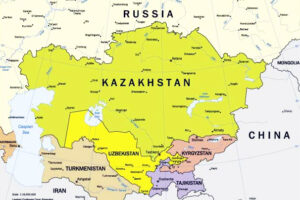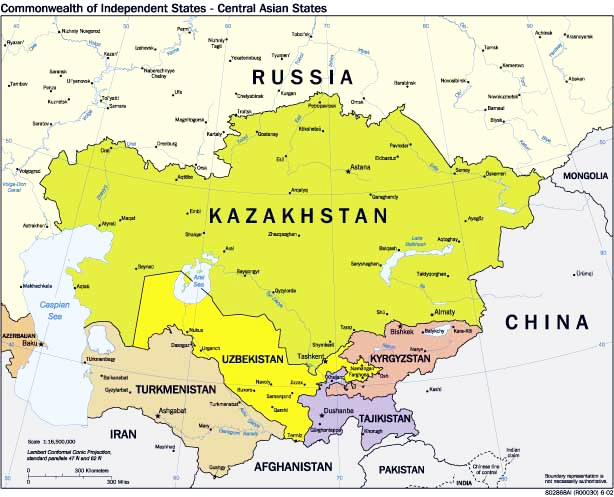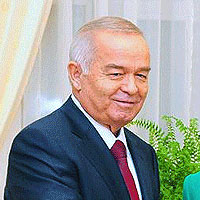JRL NEWSWATCH: “China, Russia Stand to Gain From Kazakhstan’s Political Transition; New president aims to maintain nation’s security ties to Moscow, economic links to Beijing” – Wall Street Journal/ Ann M. Simmons, Thomas Grove

“A smooth political transition after the unexpected resignation of Kazakhstan’s longtime leader serves the interests of neighboring Russia and China …. [S]ince the fall of the Soviet Union, Russia has shouldered the region’s military burden, while China has provided the impulse for economic growth, a system Kazakhstan has embraced ….
On Tuesday, Nursultan Nazarbayev, a 78-year-old autocrat who has ruled Kazakhstan since the fall of the Soviet Union, said he would step down and that Senate Chairman Kassym-Jomart Tokayev would take over until presidential elections are held. Without snap elections, the next poll will be in 2020. … * * * Russia and Central Asia’s defense ties largely depend on relations established under the Soviet Union, including the Collective Security Treaty Organization, a mutual defense treaty that combines Russia with Kazakhstan, Kyrgyzstan and Tajikistan …. Kazakhstan has been a model client state for Russia and China in Central Asia. … Nazarbayev ruled Kazakhstan as an autocrat with little taste for dissent. …”
Click here for: “China, Russia Stand to Gain From Kazakhstan’s Political Transition; New president aims to maintain nation’s security ties to Moscow, economic links to Beijing” – Wall Street Journal/ Ann M. Simmons, Thomas Grove


